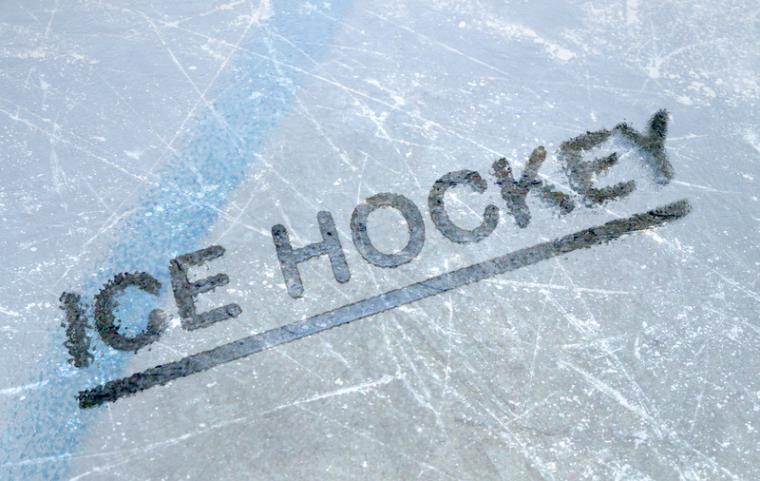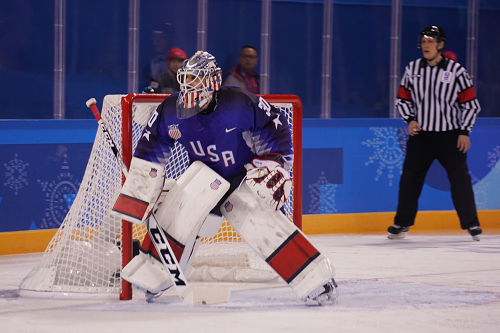

In 2017, when it was announced that NHL players would not be released to represent their home country in the Winter Olympics in PyeongChang, there was an uproar. Players tweeted and fans howled and everyone lamented the reason: a series of disputes between the league and the International Olympic Committee that some labeled as simply political.
According to TIME Magazine, the crux of the matter was the expenses that would be incurred by NHL athletes and who would cover them. Since 1998 when the Games were held in Nagano, the IOC previously had paid for the travel, insurance, accommodations and other costs for NHL players but refused to continue to do so for 2018.
Realizing there was no changing the IOC’s mind, the USA had to build a team from scratch. It started with a captain (Brian Gionta) who had played for the Buffalo Sabres in the NHL until 2017, and a number of other former NHL players, American athletes from the Kontinental Hockey League (KHL, considered the premier pro hockey organization in Asia and Europe, and the second strongest in the world behind the NHL), as well as some college athletes.
How did that go? Not all that well for the USA. The U.S. Olympic Men's Ice Hockey Team finished in seventh place among the 12 teams competing. It was not a Miracle on Ice season, no matter how well romanticized the concept was.
Fast-forward four years. A lot has changed (obviously) but one thing has not: the NHL will not be sending players to the 2022 Winter Games in Beijing next month. And while pro players aren’t happy, it’s hard to argue with the reasoning. The rise of the omicron variant of the virus has cancelled dozens of games, and the NHL will need to use what it had previously set aside as its “Olympic break” (the time when NHL hockey would adjourn to allow players to travel to and compete in the Games) in order to schedule make-up games.
Of course, the next question came up almost immediately: Who WILL the USA send? And finally, the answers are filtering in. Last week, Inside the Games reported that a team had been assembled. The breakdown, for those who want it: NCAA student athletes and players from the American Hockey League (the NHL’s farm team), American athletes in the and the Deutsche Eishockey Liga (DEL, a German pro hockey league) and Eastern Hockey League (EHL, an American Tier III Junior ice hockey league with teams in the Northeastern and Mid-Atlantic).
Team USA's average age is 25 (back in 1980, in the Herb Brooks days, it was 21, by the way). Team USA is also working on its coaching staff, recently announcing Alex Dawes as its video coach. For Team USA, competition begins on February 9.
Since it appears NHL players are out of the Olympics, at least for the time being, it is fortunate that the USA remains a hockey-rich environment. The country has a deep bench from which to draw, including not just the NCAA, AHL and American players from overseas but players in junior leagues and those who play pond hockey at higher levels. There are also USA Hockey’s U-18 teams, which have done well. In other words, there’s no lack of talent. And should NHL players remain excluded from the Games in future years, expect to see more interest in, and emphasis on, play at those other levels, particularly leading up to team selection time, since enthusiasts could start building the buzz about possible contenders for spots on Team USA. It’s also likely to affect attendance at these levels and – almost certainly – to result in colleges showing more interest in outstanding high school prospects.
What should event owners know? For one, that having a Team USA comprised of true amateurs (like the ones in the so-called 1980 “Miracle on Ice,” that went on to win gold, is a sure way to revive interest in amateur hockey – and perhaps, in drawing more viewership in the youthful demographic the IOC so badly wants. For another, it’s a way of attracting attention both in advance of, and after, the Olympics.

